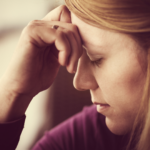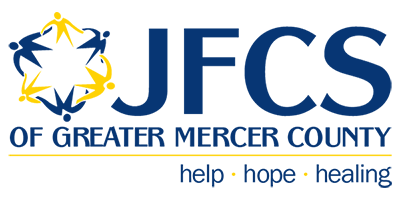 Guilt is a normal, healthy emotion. Experiencing it when you’ve hurt someone or when you’ve made a mistake is a good sign—it means you have a conscience. But sometimes, you may experience unjustified guilt.
Guilt is a normal, healthy emotion. Experiencing it when you’ve hurt someone or when you’ve made a mistake is a good sign—it means you have a conscience. But sometimes, you may experience unjustified guilt.
Unjustified guilt is when people punish themselves even though circumstances are out of their control, or they did not deliberately hurt anyone.
In the context of the pandemic, we are living in a period where we are reminded daily that our actions have consequences. There are several factors during this pandemic that have made us more vulnerable to unjustified guilt: guilt surrounding bereavement; guilt that your job is secure, or you are in a safe position, while others are not; guilt over parenting decisions; guilt because you cannot do more to directly help others; guilt after going to a social gathering; guilt for not going to a social gathering…the list goes on.
So, what can we do to avoid future guilt?
You may not be able to control the fact that you experience guilt, but you can control how you respond to it.
It is important to acknowledge that you are feeling guilty and identify the reason, then recognize the negative critical thoughts which can lead to a distorted idea of what happened or disproportionate levels of guilt. Try and reframe those negative thoughts with something you would say to a friend if they were going through a similar situation. If speaking to a friend, you would point out the good things they have done, remind them of their strengths, and how much you value them. You deserve this same kindness.
Be gentle with yourself. The ability to look at a situation from another’s perspective is incredibly powerful. It triggers a different set of emotions, the foundation of empathy that you need to be easier on yourself.
If you’re feeling guilty after a specific action, pause and evaluate what you can do differently in the future. It may help to identify what values you want to live by during the pandemic, even writing them down, so you can refer to them when if a situation arises. Remind yourself that you are doing this for your physical and mental safety which is another way of taking care of yourself.
Shirley Bellardo, LCSW, LCADC


